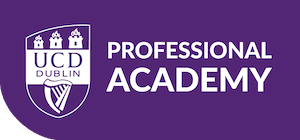Project Management – UCD Professional Academy Diploma

Perfect for new and aspiring project managers, this full-time or part-time project management course provides the essential skills needed to successfully initiate, run, and close projects of all types. You’ll be inspired as you learn to successfully run Agile projects, manage resources, control costs and reduce risks. It will also give you the project management skills necessary to advance in your career and show that you can be trusted to ensure the success of high-power projects at an international level.

On Demand (eLearning)
Upcoming Live Instructor-Led Courses
There are currently no public courses scheduled. For more information or to arrange an in-house booking, please contact us on 01 895 5755.
Delivered through lectures, group discussions, and individual and group exercises, this comprehensive course covers every aspect of project management – initiation, planning, executing, monitoring and controlling, and finally closing the project. With new projects often representing significant expense and high risk, project owners seek the assurance that practitioners have the knowledge, experience, and skills to bring high performing projects to successful completion.
Our industry-focused project management course is ideal for career-minded professionals from a wide range of backgrounds who wish to apply project management skills and methodology to their role.
Course Assessments
This course is assessed through a written project and a 1-hour online multiple choice exam at the end of the course. For the written project, learners will have two weeks following the end of the course to complete and submit the final assignment. The written project is generally around 3,000 words.
Certification
Your UCD Professional Academy Diploma will be issued electronically on a secure platform, with a link that you can share with employers and others wishing to verify your credentials. You can also add this certificate to your LinkedIn profile.
Flexible Delivery Options
The course is available either online or on campus. For those attending on campus, it is delivered part-time over 12 weeks. Online delivery offers two options: an intensive five-day format running from 9.00am to 4.00pm each day, Monday to Friday, or a part-time schedule over 12 weeks, with one three-hour session per week. For the part-time option, you can choose between morning sessions from 9.30am to 12.30pm or evening sessions from 6.30pm to 9.30pm, depending on what best suits your work commitments and personal needs.
Study Options
On Demand
Begin today or tailor your learning to suit your schedule, at a pace that works best for you.
Live Online
Choose between weekly classes, usually over 12 weeks, or a 5-day intensive bootcamp.
On Campus
Choose weekly evening classes on UCD Belfield Campus, Dublin 4.
Project Management Course Modules

1. Introduction & Project Fundamentals
2. Project Environment & the Role of the Project Manager
3. Project Integration
4. Scope Management
5. Schedule Management
6. Cost Management
7. Resource Management
8. Communication Management
9. Risk Management
10. Stakeholder Management
11. Introduction to Agile Project Management Practices
12. Agile Practices Part 2 & Revision
Admission Requirements
- Learners must be 18 years or older.
- Previous training, study and/or professional experience in a related field is recommended.
- For non-native speakers of English, a language proficiency equivalent to IELTS 6.5 overall (or equivalent) is required.
Please note that all UCD Professional Academy courses are conducted in English. Prospective learners for whom English is not a native language are welcome to undertake Professional Academy courses. It is the responsibility of the learner that their proficiency in English is adequate for the course to participate and complete assignments successfully.
Disabilities
UCD Professional Academy welcomes learners with disabilities and makes every effort to provide facilities and support, where possible. We ask that learners who may need additional support or facilities during their course inform us at the time of application.
Code of Conduct
All staff and learners of the Academy are expected to abide by its Code of Conduct https://www.ucd.ie/professionalacademy/learner_handbook/ . In the case of serious breaches, learners may not be permitted to attend the remainder of their course, and no refund will be given.

